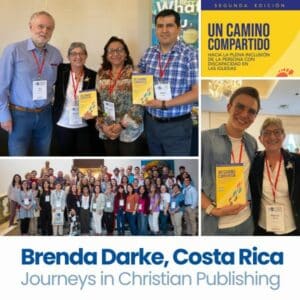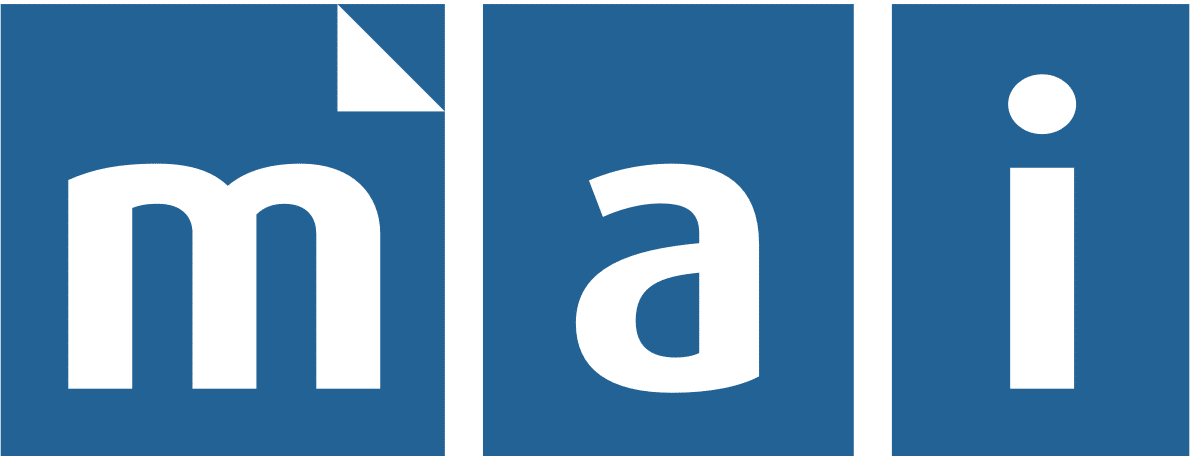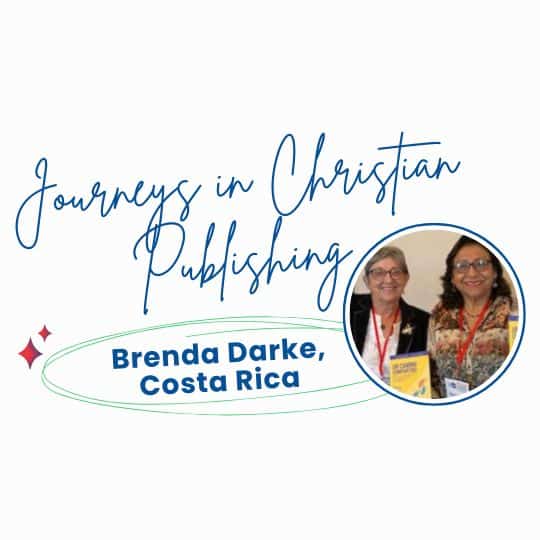From studying special education and working with children to teaching disability theology at a Bible college, Brenda Darke has been helping Christians live out Jesus’ love for people with disability—including writing a book in Spanish on the topic. “It’s been encouraging to hear when someone who lives with a disability tells me that my book validates their experience,” Brenda says. This story is part of the Journeys in Christian Publishing: Stories from LittWorld series.
As a very young Christian, I was given the option of studying special education, and recognized that this could be something God wanted me to do. Today, I am a practitioner working to encourage Christians to better include and understand people who live with a disability.
I taught young children with severe cognitive and complex disabilities before stopping to have my own children. Years later, after working in Latin America for 15 years, I used a sabbatical to take a look at the theology of disability.
This immediately drew me into my current ministry, and I have been teaching Bible college students about how to include people with disability for over twenty years. I love teaching this subject and seeing students—some of whom are obliged to take my course—change in their attitude from indifference to enthusiasm.
 From teaching to writing
From teaching to writing
When I started teaching, I soon found I had nothing in Spanish to offer my students that dealt with the theology and practice of including people with disability. I began writing my own materials, including voices from around Latin America, as well as experience I gained from working with families in a local pastoral support ministry.
Eventually this material was published as a book, Un Camino Compartido: Hacia la plena inclusión de la persona con discapacidad en las iglesias (“A shared path”), by Ediciones Puma. It is now in its second edition. It’s been encouraging to hear when someone who lives with a disability tells me that my book validates their experience. My book has been a really useful tool, and can go to places I cannot reach.
Publishing lessons so far
- Writing books is hard work! A good editor is helpful.
- It’s useful to share your work with others to find out how it fulfils a need. I used a focus group.
- It is hugely rewarding to hear someone say, “I read your book and it changed how I thought about…”
Books that changed my life
Through Gates of Splendor by Elisabeth Elliot was the first book I read about cross-cultural mission, and it had a huge impact on me as a very young Christian. I also love Pilgrim’s Progress by John Bunyan—such a brilliant way of talking about the walk we all are on.
I am a big fan of books by John Swinton, who has written widely about a biblical understanding of people living with disability, as well as dementia and depression. John Wyatt is another favorite writer. One of his latest books, The Final Lap, deals with the transitions in later life—a simple but profoundly wise book for someone like myself.
How you can pray
Give thanks for God’s faithfulness—2025 will be our fortieth year in Latin America, including thirty years with Letra Viva! Please pray for my writing to continue to inform and motivate Christians to see the value in people who are living with disabilities. Pray for further opportunities to communicate well on this issue, and to continue to practice what I teach.
Additional resources
- Un Camino Compartido: Hacia la plena inclusión de la persona con discapacidad en las iglesias (“A shared path”) – a book by Brenda Darke
- Cómo crear contenido accesible para personas con discapacidad – an MAI webinar with Brenda Darke

